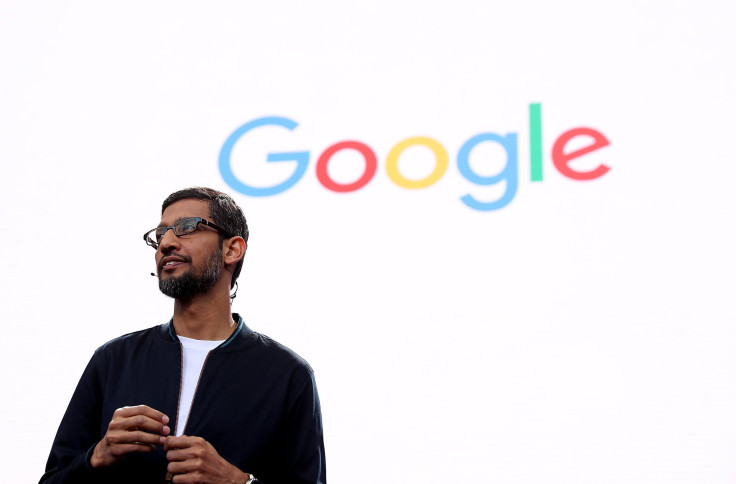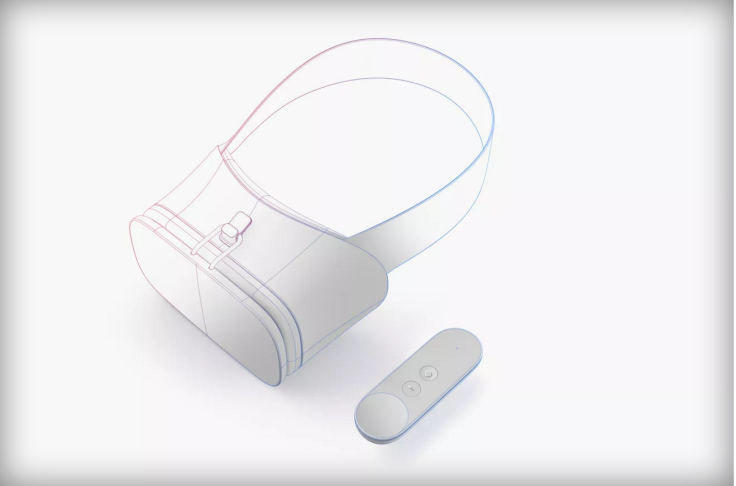Google Plants VR Seeds With Daydream Virtual Reality Platform And Reference Headset

Virtual reality is the hot topic in Silicon Valley right now, and on Wednesday Google revealed its plans to place Android at the heart of the VR revolution. But rather than building its own headset to challenge Samsung's Gear VR or Facebook's Oculus Rift, it wants to bring all its hardware partners on board to create a huge VR ecosystem.
At Google I/O in Mountain View, California, Google's Clay Bavor, who heads the company's VR efforts, announced Daydream, a virtual reality platform that is deeply integrated into the newest version of Android, which will launch this summer. Android VR Mode will work only with approved hardware and will optimize apps to reduce latency and improve performance to ensure a smoother VR experience. Latency refers to the time lag between the user moving the head while wearing a headset and the image on the screen catching up.
“VR should be mobile, approachable, and for everyone,” Bavor said on stage, adding that Daydream will give developers and manufacturers a set of reference points for smartphones and apps to help create the best virtual reality experience. For smartphone manufacturers, this includes features such as screen resolution and display technology as well as sensors needed to power VR experiences.
Google says it is already working with a range of manufacturers to create Daydream-certified smartphones to be launched this fall. Those manufacturers include Samsung, HTC, LG, Xiaomi, ZTE, Alcatel and Asus.

Those same manufacturers may be also working on their own headsets based on a reference design that Google unveiled at its annual developer conference on Wednesday. Google didn't reveal if it would be building its own version of the headset, but said it expected versions of the headset to arrive later this year.
One distinctive feature of the headset to set it apart from others on the market is a motion-sensing remote control, which is held in one hand. The simple device features just two buttons and a touch-sensitive pad for controlling games and apps within the virtual world.
Google didn't give any details about how the headset would work, but rather than the rumored standalone VR headset, the device will work with compatible smartphones, as does Samsung's popular Gear VR headset, which costs $99. Google made no reference to price during its announcement, but headsets are likely to be more expensive than the company's $20 Cardboard headset but significantly cheaper than the $600 Oculus Rift from Facebook.
To help developers create apps for these virtual reality headsets, the Daydream platform will feature a new interface as well as a version of the Google Play Store designed to showcase VR-ready apps. Google is rebuilding its apps — including YouTube, Street View and Movies — from the ground up to work on the Daydream platform.
However, the success of Android VR will, like the success of the smartphone software, rely on third-party developers. To that end, Google has already recruited Netflix, Hulu, HBO, Imax and the NBA to create VR versions of their apps while gaming companies Electronic Arts and Ubisoft are also on board.
© Copyright IBTimes 2024. All rights reserved.






















